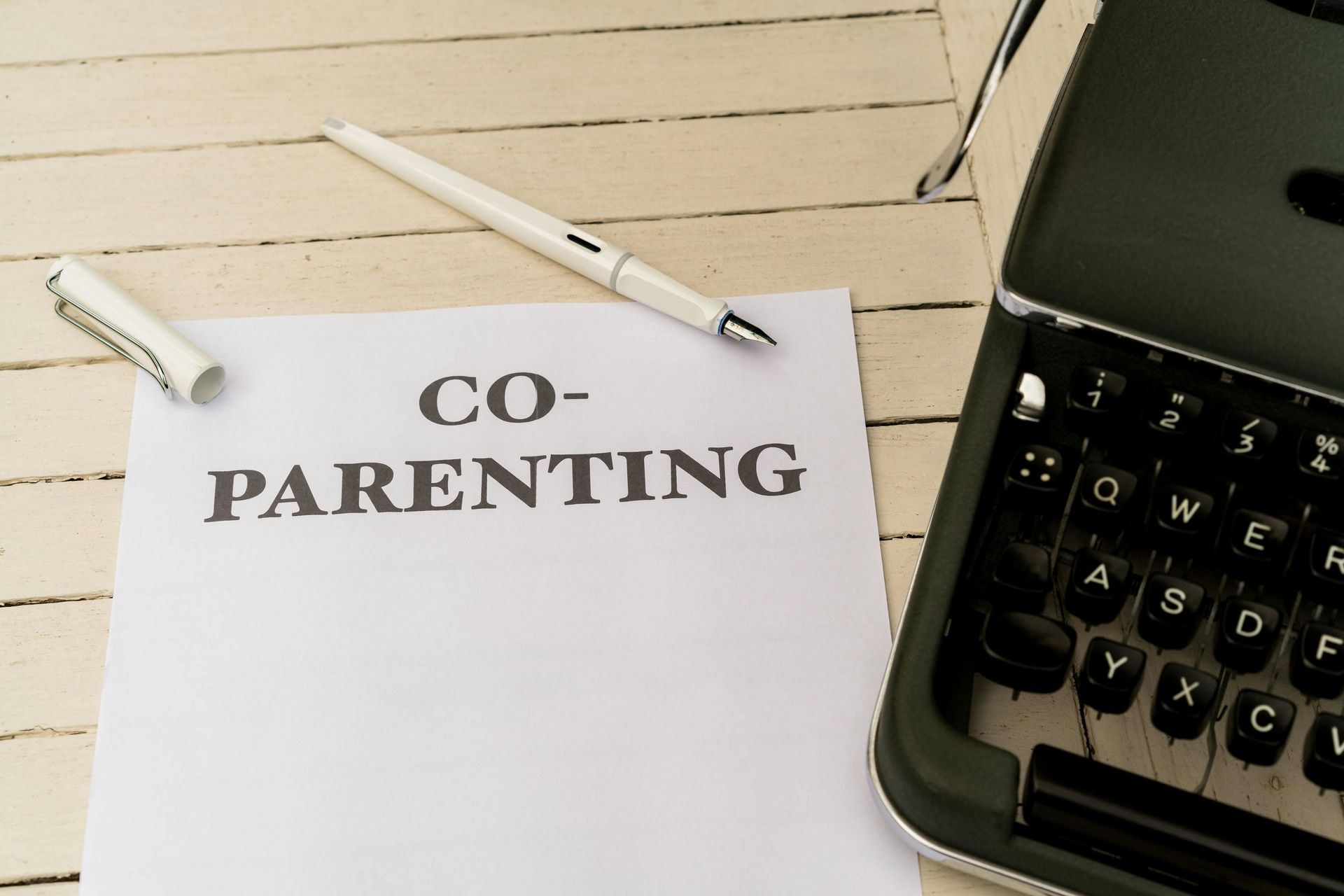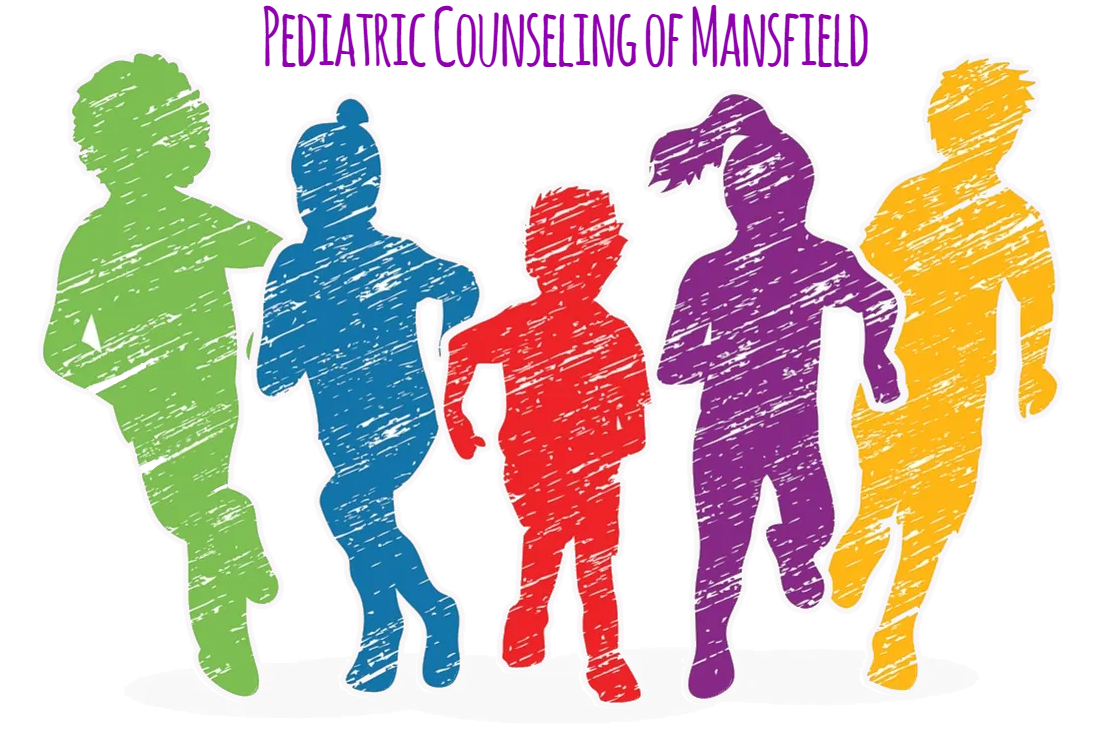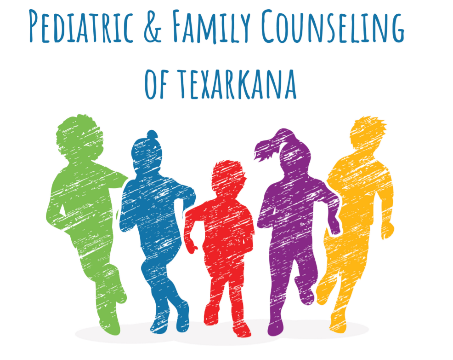The Importance of Aggressive Play in Children: Understanding its Benefits
Aggressive play often conjures images of roughhousing, loud voices, and perhaps a few scrapes and bruises. While it might seem counterintuitive to encourage such behavior, aggressive play is a natural and crucial part of childhood development. It helps children learn valuable skills and navigate social boundaries. In this blog, we will explore why aggressive play is important for children and how it contributes to their overall growth.
What is Aggressive Play?
Aggressive play includes activities where children engage in physical and sometimes competitive interactions. This can range from wrestling and chasing to mock fighting and playful teasing. It is important to distinguish aggressive play from actual aggression, which involves intent to harm. In aggressive play, the actions are generally mutual, consensual, and conducted in a safe environment.
The Benefits of Aggressive Play
1. Physical Development
Aggressive play is an excellent way for children to develop their physical abilities. Running, jumping, wrestling, and other vigorous activities help improve motor skills, strength, coordination, and overall physical fitness. These activities also encourage cardiovascular health and help in maintaining a healthy weight.
2. Emotional Regulation
Through aggressive play, children learn to regulate their emotions. They experience a range of feelings, such as excitement, frustration, and even anger, in a controlled environment. This helps them understand and manage their emotions better, leading to improved emotional intelligence and resilience.
3. Social Skills
Aggressive play often involves negotiation, rule-setting, and conflict resolution. Children learn to communicate their boundaries, listen to others, and take turns. These interactions foster social skills such as empathy, cooperation, and assertiveness. They also learn to distinguish between playful aggression and real hostility.
4. Risk-Taking and Resilience
Engaging in aggressive play allows children to take risks in a relatively safe environment. They learn to assess their limits and understand the consequences of their actions. This experience builds resilience and confidence, preparing them to face challenges in other aspects of life.
5. Creativity and Imagination
Many forms of aggressive play, such as pretend fighting or role-playing games, stimulate creativity and imagination. Children create scenarios, develop characters, and navigate complex narratives, enhancing their cognitive flexibility and problem-solving skills.
Guidelines for Safe and Positive Aggressive Play
While aggressive play has numerous benefits, it is essential to ensure it is conducted safely and positively. Here are some guidelines to follow:
- Supervision: Always supervise aggressive play to ensure it remains safe and consensual. Intervene if play becomes too rough or if any child appears uncomfortable.
- Set Boundaries: Establish clear rules and boundaries. Make sure children understand what is acceptable and what is not.
- Teach Respect: Emphasize the importance of respecting others' limits and feelings. Encourage children to stop immediately if someone asks them to.
- Promote Communication: Foster open communication among children. Encourage them to express their feelings and resolve conflicts verbally.
- Model Behavior: Demonstrate positive behaviors and attitudes during play. Children often imitate adults, so be a good role model.
Aggressive play is a vital component of childhood development. It offers a plethora of benefits, from physical fitness and emotional regulation to social skills and creativity. By allowing children to engage in aggressive play in a safe and structured manner, we can help them grow into well-rounded, confident, and resilient individuals. So, the next time you see children roughhousing, remember that they are not just playing—they are learning and growing.












